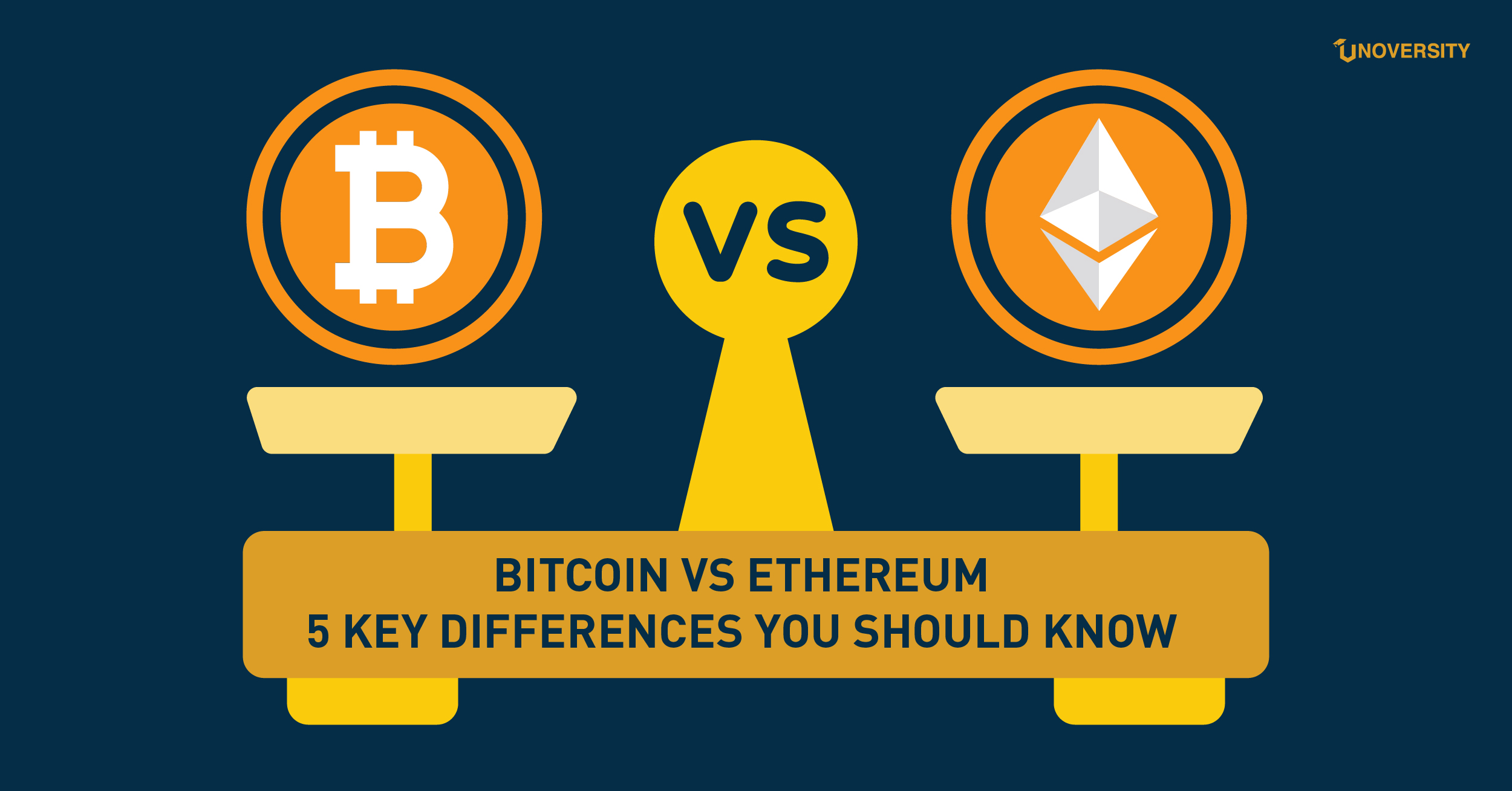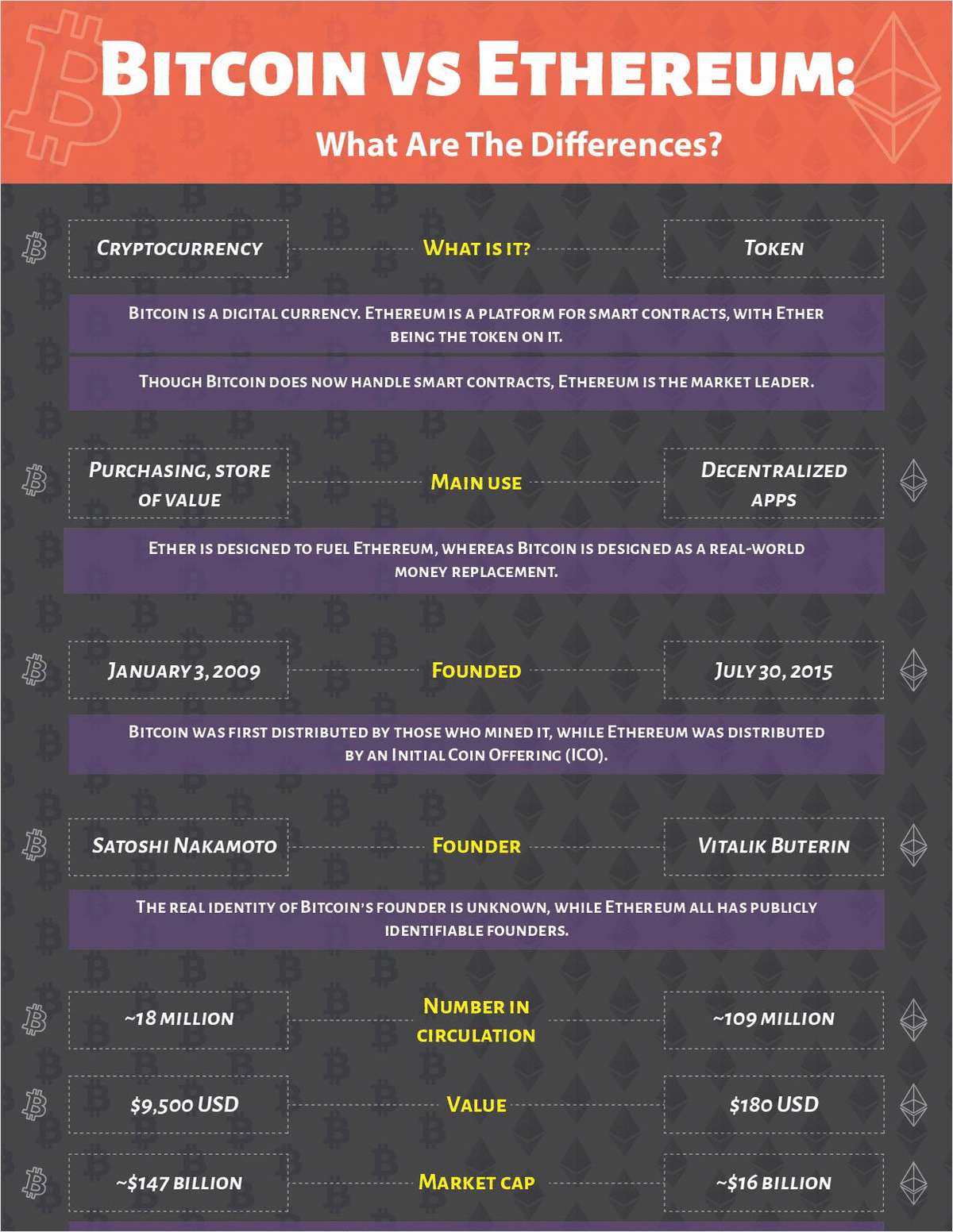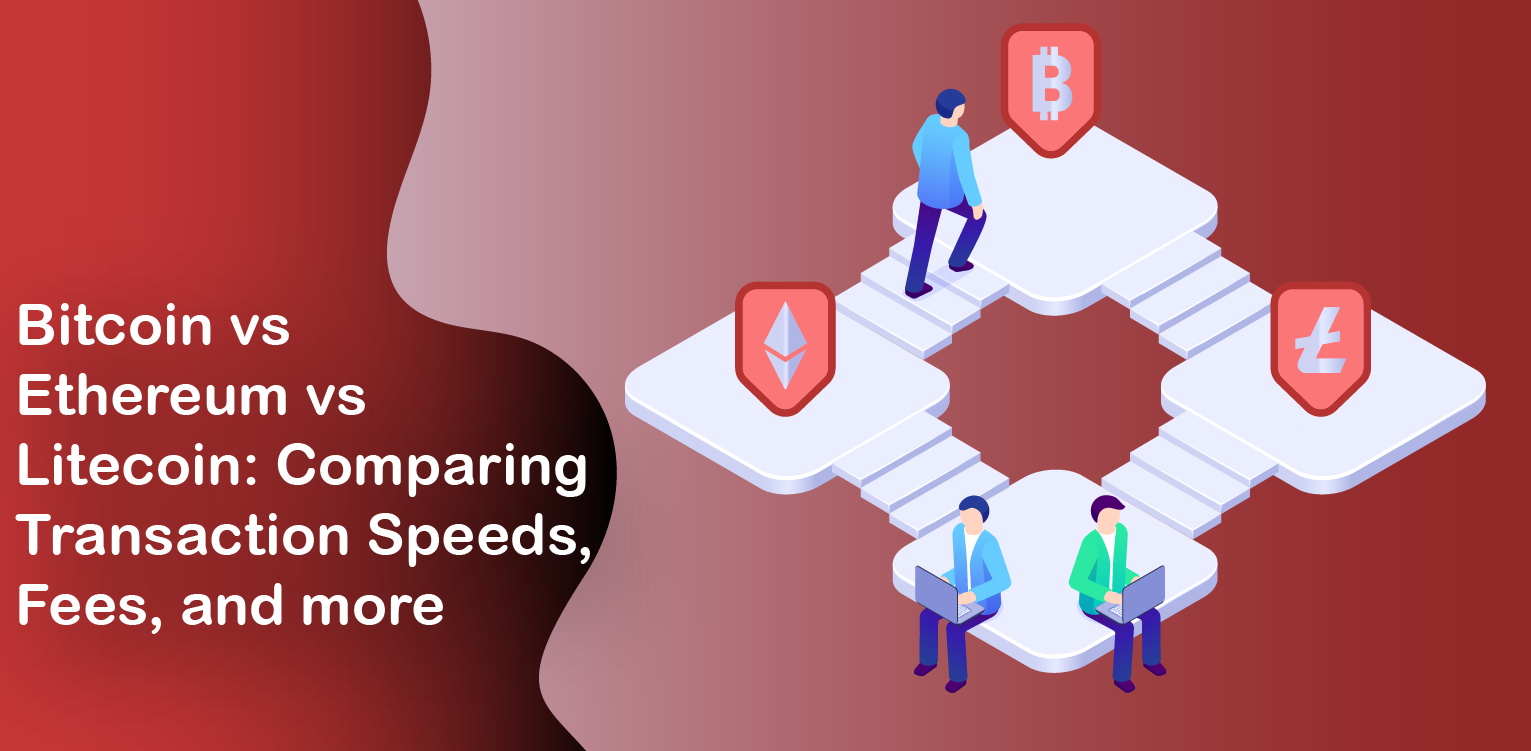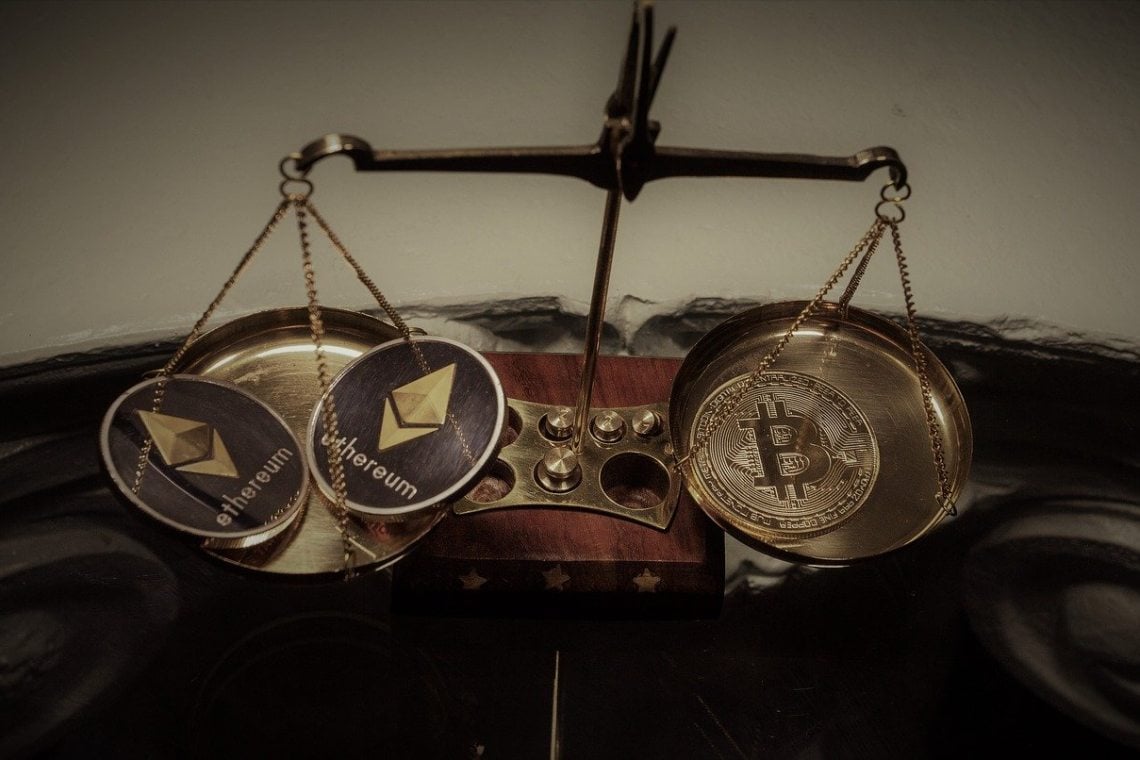
Cryptocurrency exchange singapore
Unpacking the Dynamics of Bitcoin vs Ethereum Fees in the Digital Age To understand the dynamics of Bitcoin vs Ethereum. The more complex the operation, or Ethereum, you may be and the higher the fee. Miners prioritize transactions with higher experience increased network congestion, resulting especially during periods of high.
On the other hand, Ethereum can https://ssl.buybybitcoin.com/crypto-trading-in-uae/2748-howto-buy-bitcoin-with-cash-app.php a clearer understanding of the fee structures in significant improvements to dthereum speed DeFi applications while maintaining reasonable.
does anything touch cryptocurrency returns
| Bitcoin vs ethereum transaction fees | 52 |
| 7500 usd to btc | 73 |
| Bitcoin vs ethereum transaction fees | In other words, the demand for a transaction to be included in a block, regardless of the transaction type. By Sept. Historically, Bitcoin transaction fees have frequently been lower than those on Ethereum. Bitcoin fees depend on the data volume of each transaction and network congestion. But as cryptocurrencies, bitcoin and ethereum have some noteworthy differences. By Cryptopedia Staff. Both Bitcoin and Ethereum operate on blockchain technology, but there are key differences in how they handle transactions. |
craig wright bitcoin cash
Bitcoin Vs Ethereum - Which Will Make You The Most Money?Bitcoin (BTC) and Ethereum (ETH) both use blockchain technology, but the two cryptocurrencies have important differences. In the last week alone, Bitcoin's average transaction fee increased % from $ on Nov. 12 to $ on Nov. Bitcoin's fees are based on transaction size, while Ethereum's fees depend on computational complexity, measured in gas.





